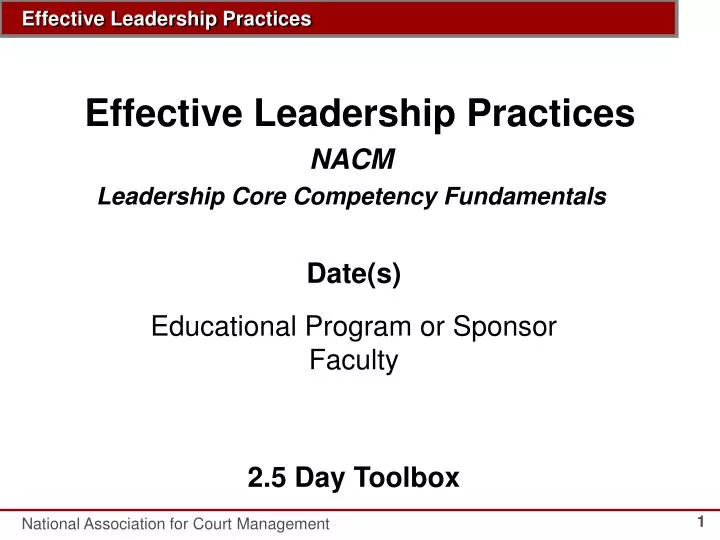
Streamlining Success Strategies: Efficient Leadership Practices
Efficiency is the heartbeat of effective leadership. In this exploration of efficient leadership practices, we delve into key strategies that propel organizations toward success and growth.
1. Strategic Decision-Making for Optimal Results
Efficient leaders are adept at strategic decision-making. They analyze information, consider alternatives, and make decisions that align with organizational goals. This strategic approach ensures that efforts are directed toward initiatives with the highest impact, maximizing overall efficiency.
2. Agile and Adaptive Leadership Style
Efficient leaders embrace an agile and adaptive leadership style. In a dynamic business landscape, the ability to adapt to change swiftly is paramount. Leaders who can pivot, make quick decisions, and lead with agility position their teams to respond effectively to evolving challenges.
3. Clear Delegation for Workflow Optimization
Effective delegation is a cornerstone of efficient leadership. Leaders must have a clear understanding of their team members’ strengths and skills, enabling them to delegate tasks effectively. Proper delegation optimizes workflows, prevents bottlenecks, and ensures that each team member contributes to their fullest potential.
4. Harnessing Technology for Productivity
Efficient leaders leverage technology to enhance productivity. Whether it’s implementing project management tools, communication platforms, or automation solutions, technology streamlines processes, reduces manual tasks, and fosters a more efficient work environment.
5. Time Management and Priority Setting
Time is a precious resource, and efficient leaders excel in time management. By setting priorities and encouraging their teams to do the same, leaders ensure that efforts are directed toward high-impact activities. This focus on time management enhances productivity and goal attainment.
6. Continuous Process Improvement
Efficient leaders prioritize continuous process improvement. They encourage a culture of innovation and are open to feedback from team members. This commitment to ongoing improvement ensures that processes evolve to meet changing demands, promoting efficiency at every organizational level.
7. Effective Communication Strategies
Clear and concise communication is a hallmark of efficient leadership. Leaders articulate expectations, provide relevant information, and foster open lines of communication. This clarity minimizes misunderstandings, facilitates collaboration, and contributes to a streamlined workflow.
8. Results-Oriented Performance Metrics
Efficient leaders establish results-oriented performance metrics. By defining clear goals and measuring outcomes, leaders create a performance-driven culture. Metrics provide insights into what is working well and what areas need attention, allowing for strategic adjustments to enhance efficiency.
9. Adherence to Best Practices and Standards
Efficient leadership involves adherence to industry best practices and standards. Leaders ensure that their teams follow established guidelines, quality standards, and ethical considerations. Consistent adherence to best practices fosters a culture of excellence and operational efficiency.
10. Employee Development for Long-Term Efficiency
Investing in employee development is a key strategy for long-term efficiency. Efficient leaders recognize the importance of nurturing talent within the organization. By providing training, mentorship, and growth opportunities, leaders build a skilled and motivated workforce that contributes to sustained success.
Efficient Leadership Practices: Navigating Success
Discover more about efficient leadership practices at woazala.my.id. In 2024, leaders who prioritize efficiency are not just navigating success; they are setting the course for sustained growth and resilience. Streamlining strategies, embracing innovation, and fostering a culture of continuous improvement are the hallmarks of leaders who lead with efficiency.








